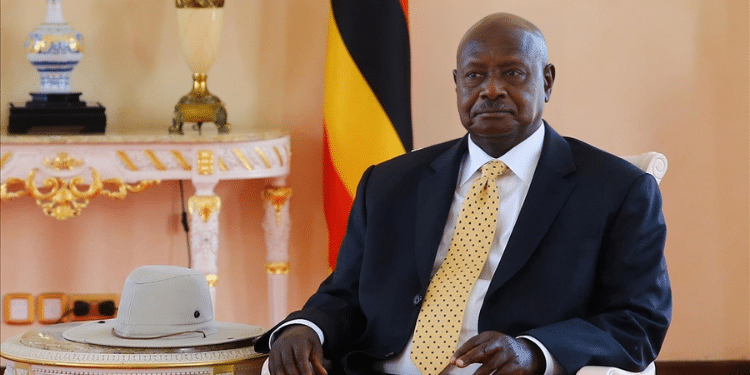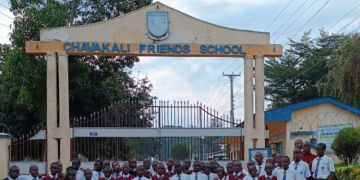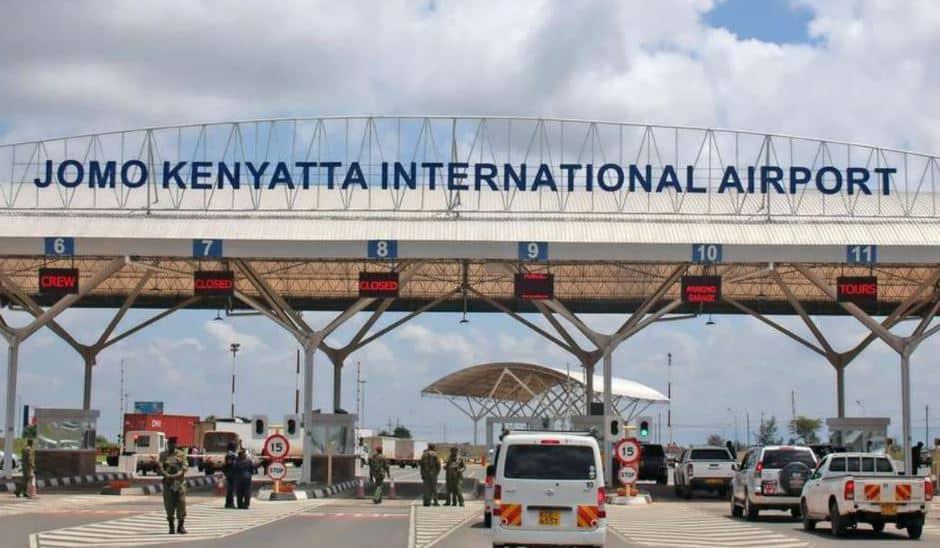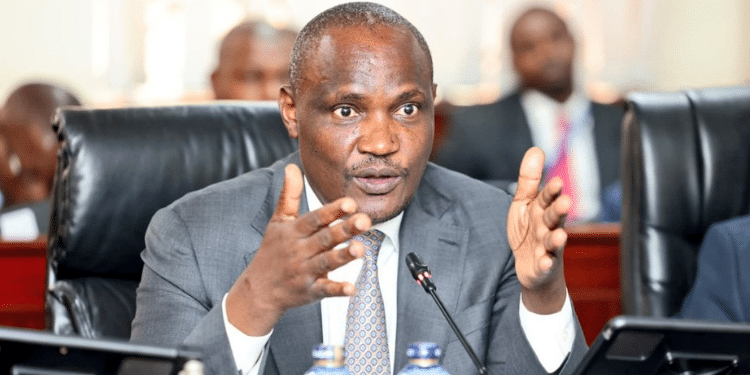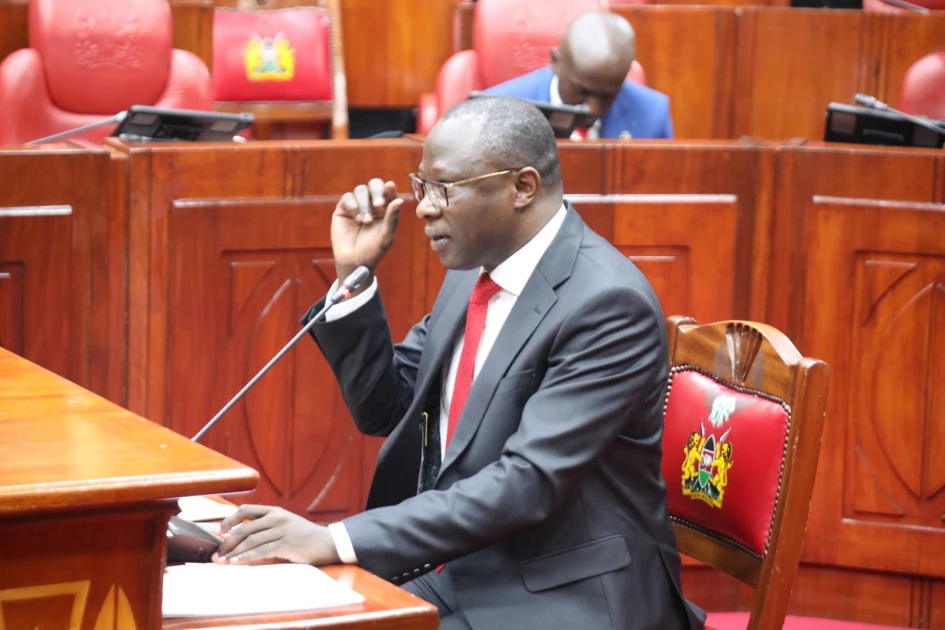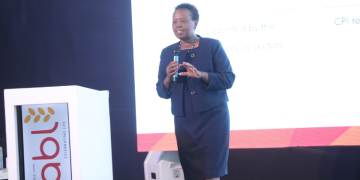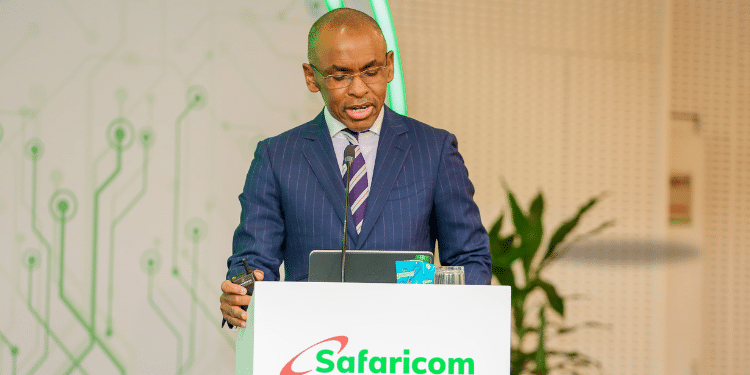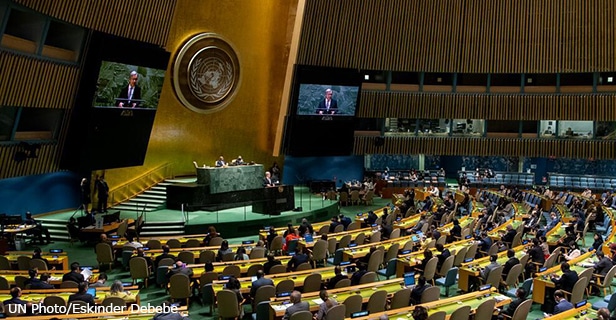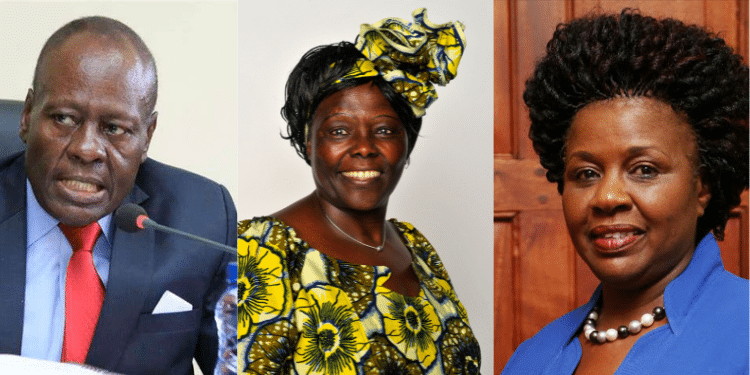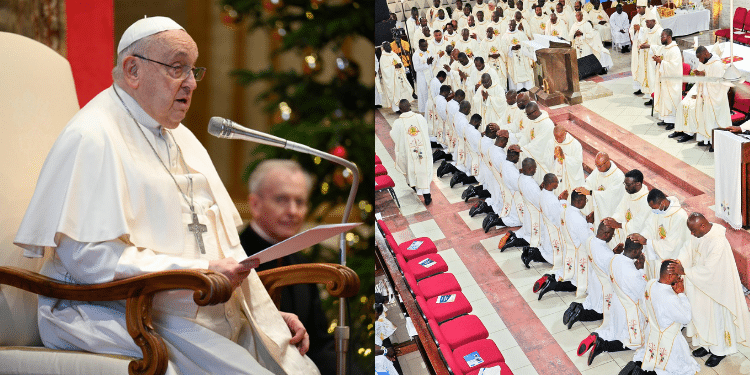In a keynote speech delivered in July at the United Nations, during the Nelson Mandela International Day, Prince Harry expressed his concerns over what he termed as the rolling back of constitutional rights in the United States.
The renegade duke of Sussex described the recent development in the U.S in which the Supreme Court there overturned Roe v Wade – effectively criminalizing abortion – as part of the global assault on democracy and human rights.
That such a speech was delivered at the headquarters of an organization that has a history of perpetrating injustices against women, in honor of a man who strongly believed in women’s rights ,was ironical, to say the least.
The UN is not the best place to talk about violation of women’s rights – which are human rights, in case we want to forget. In her latest book Lords of Impunity (Lens & Pens Publishing LLC, 2022), veteran journalist and editor Rasna Warah unmasks the monstrously unaccountable project that is the U.N.
Formed at the end of the Second World War – 147 years after Napoleon Bonaparte overthrew Ottoman rule in Egypt, and slightly one month after Adolf Hitler had shoved a bullet in his own mouth – the U.N was conceived to help the world put its act together and avoid the madness of wars.
Nearly 77 years later, the organization has failed to live up to the global expectation. And that is to put it charitably. Rasna gives us a bird’s eye account of what exactly transpires at the U.N behind our backs. If you want to understand how the U.N operates and its true motivation, you need to read Lords of Impunity.
Rasna worked at the United Nations Human Settlements Program’s regional headquarter in Nairobi as an editor and co-author of The States of the World’s Cities for 12 years. She was harassed and intimidated by her bosses before being forced out of office.
Rasna refused to play ball, so to speak. She doesn’t consider herself a whistleblower, because, as she says, whistleblowers go through a lot, worse than she went through during her time at the U.N. For me, I think she is one. In Lords of Impunity, Rasna picks from where she left in UNsilenced in demystifying the popular myth that UN serves the interests of common humanity.
While UNsilenced delved into how and why the U.N speaks in silence in the face of pressing challenges of our time, Lords of Impunity speaks majorly to four questions on which the U.N has failed, to wit: sexual and gender-based violence against women, (under)development in the global south, the so-called war on terror and administration of justice.
Sexual and gender-based violence
Despite the fact that one in every four pregnancies globally ends in abortion, patriarchy still finds it appropriate to undermine women’s reproductive rights by promoting laws that determine what a woman can and cannot do with her uterus.
It is now known in history that some of the most brazen assaults on women’s rights are perpetrated by a complacent club of corrupt reprobates that thrives through the tyranny of impunity that, at the U.N, is the diplomatic immunity.
Rasna helps us appreciate how men promote the fundamental tendency of domination at the U.N the same way they do in every sphere of leadership. Underneath the magnificent 39-story building that houses the U.N secretariat in New York, lays apartheid of the oppressed.
Put simply, the U.N is an organization riven by pursuit of individual pleasure and self-interest at the expense of the collective course for which it was supposedly formed.
Development myth in the global south
Internal diplomacy at the U.N works through systemic dishonesty. As Rasna points out, the U.N has a habit of, for example, scolding African countries for not doing enough for children’s education but ignore reports about African children being sexually abused its peacekeepers.
In Yemen where cholera outbreaks have infected more than two million people and killed nearly 4,000 others since 2016, and where some 20million people are in desperate need of basic supplies such as food, the U.N was silent when Saudi-led bombed the country. This made the organization an accomplice in the making of one of the biggest humanitarian crisis today.
Some of the “big boys” at the U.N’s top organ have a history of endeavoring to use the organization to achieve their predatory agenda. As Rasna observes: “Of all the corruption scandals involving the United States the one that was exposed in Iraq is the most outrageous.”
The world has been made to believe that the U.N is a generous organization whose chief goal is to actually solve human problems. This myth has been told widely in the global south where the organization has heavy presence. “Contrary to its public image, the U.N employees are not one big loving egalitarian family where everyone gets along in the common pursuit of world peace and human development,” Rasna adds.
War on terror
It is a universally acknowledged fact that the United States – the biggest contributor to the U.N’s budget – contributed significantly in the fall of Iraq, for example.
The U.N security council was unable to prevent George Bush from invading Iraq in what turned out to be one of the most costly – humanly and financially – wars waged against a sovereign state since America attacked Japan in August 1945.
Additionally, the U.N has increasingly ignored the war in Syria that is now grinding through its 12th year because the crisis is funded by some of its biggest donors such as the U.S.
It is not lost on the world that the U.N secretariat ignored warnings from the force commander of its peace keeping mission in Rwanda on emerging concerns that the Rwandan government of President Juvenal Habyarimana was planning to commit an act of ethnic cleansing against Tutsis and moderate Hutus.
The U.N, through the then secretary general Kofi Annan chose not to defuse what would turn out to be a genocide, arguing that it was wise to let Rwandans “sort out their problems on their own”
The organization was aware of acts of violence that the government of Habyarimana was fanning but did nothing to prevent the consequences.
When Saudi Arabia was involved in the brutal murder of Jamal Khashoggi, a Washington Post columnist, the U.N Security Council didn’t open investigations against the kingdom leadership particularly Mohamed bin Salman who is believed to have ordered for Kashoggi’s elimination. In fact, unsurprisingly, U.S President Donald Trump openly defended Mohamed bin Salman against the murder accusation.
The U.N Security Council could not come up with a resolution to initiate criminal investigations against Saudi Arabia because the latter had bought its silence through monetary donations to the tune of $1 billion.
“Most people also forget that a sizeable number of the U.N’s 193 member states are dictatorships or represent repressive regimes that do not care much for human rights or for the U.N Charter,” Rasna reminds us.
Administration of justice
It is not difficult to see why the U.N is a rogue institution that has lost its reason. Captured by the self-perpetuating global hegemon – U.S, China, France, England and Russia – the organization is unable to speak against societal injustices in any other language other than silence.
Contrary to article 100 of the charter of the U.N that states that the organization shall not seek or receive instructions from any government or from any other authority external to the organization, the organization frequently takes instructions from permanent members of the council notably the U.S – the same country that is responsible for most of the humanitarian crises facing the world currently.
The organization has blatantly failed to neither investigate cases of corruption nor, as Rasna puts it, find it necessary to punish those who stole from its coffers.” It has also repeatedly failed to act on its staff members who were implicated in the oil-for-program initiative in Iraq.
It is import to mention that the U.N has done some commendable humanitarian work in different parts of the world, but it has also abated some of the most egregious violations of human rights.
It has been an accomplice in the engineering of one of the biggest humanitarian crisis – in Yemen – of our time. The organization, in its current state, is in desperate need of internal cleansing if it is to serve humanity sustainably.
That mentioned, in order to achieve the purpose for which it was formed, as Rasna recommends, the U.N should: (a) expand membership of its security council to include the interest of other members with significant economic capacities; (b) withdraw funding from those agencies that have failed to protect whistleblowers; (c) revise the European Commission, Financial and Administrative Framework Agreement that allows the U.N organization to manage EC contributions without any oversight from the EC; (d) replace the organization’s ethics office with an independent external arbitration tribunal to settle cases involving the U.N whistleblowers; and (e) define the application of paragraphs 1 and 2 of Article 105 of the charter to limit the immunity accorded to the U.N officials and representatives.

